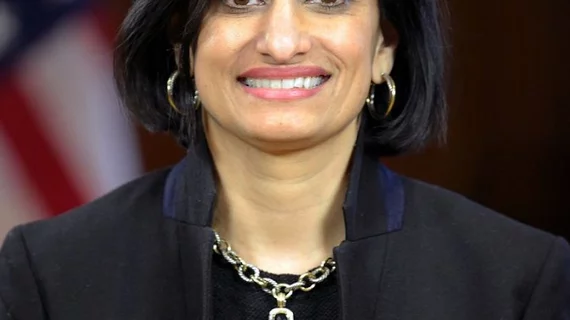CMS proposal requires hospitals to post prices online
A new CMS proposal will require hospitals to post their standard prices for treatments online and aims to increase patient access to electronic health records (EHRs).
Hospitals were already required to make their list of standard charges public, but the new guidelines specify they make the prices readily available to any consumer surfing the web. However, listed prices wouldn’t reflect what insurers and government programs would cover, so patients would still need to take that additional step on their own to calculate out-of-pocket costs.
“We seek to ensure the healthcare system puts patients first,” CMS administrator Seema Verma said in a statement. “Today’s proposed rule demonstrates our commitment to patient access to high quality care while removing outdated and redundant regulations on providers. We envision a system that rewards value over volume and where patients reap the benefits through more choices and better health outcomes.”
The proposed rule requires providers to use the 2015 version of certified EHR technology in 2019, which CMS said could “improve the flow of information between providers and patients.” It would also remove 19 measures from quality- and value-based purchasing programs—and de-duplicate 21 more measures—which the agency believes will reduce the administrative burden on hospitals and free up more time for patient care.
According to the press release, removing these measures from five purchasing programs will save U.S. hospitals $75 million and more than 2 million “burden hours” for reporting. Approximately 3,330 acute care hospitals and 420 long-term care hospitals will be affected by the rule.
CMS will accept comments on the proposed rule until June 25. The changes would be applied for all discharges beginning Oct. 1.

